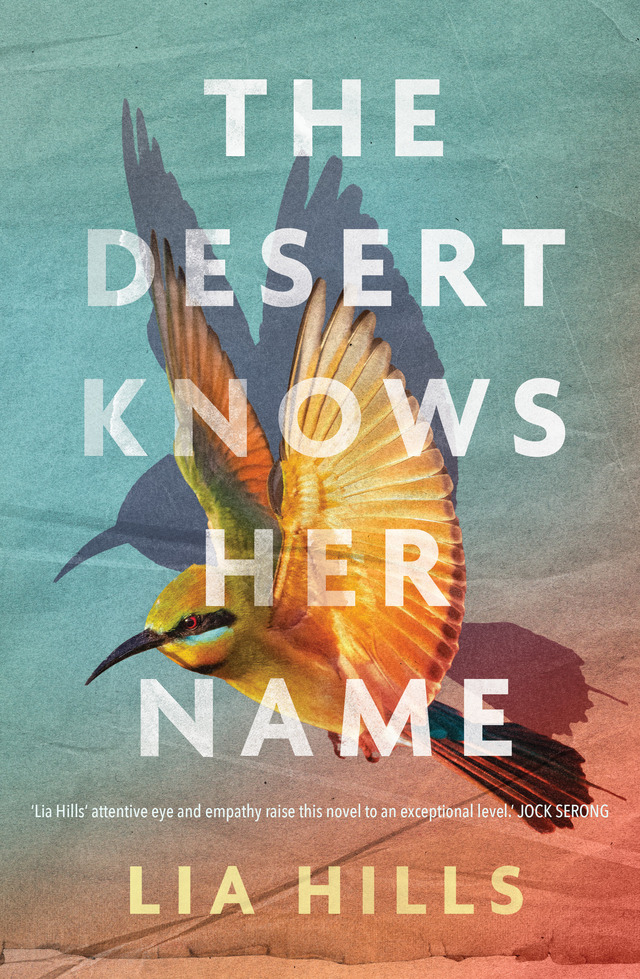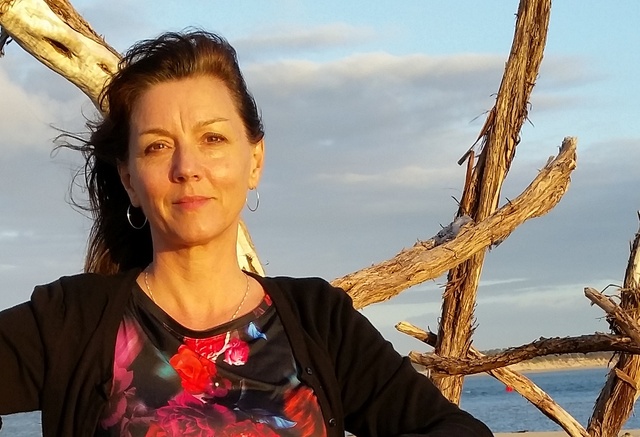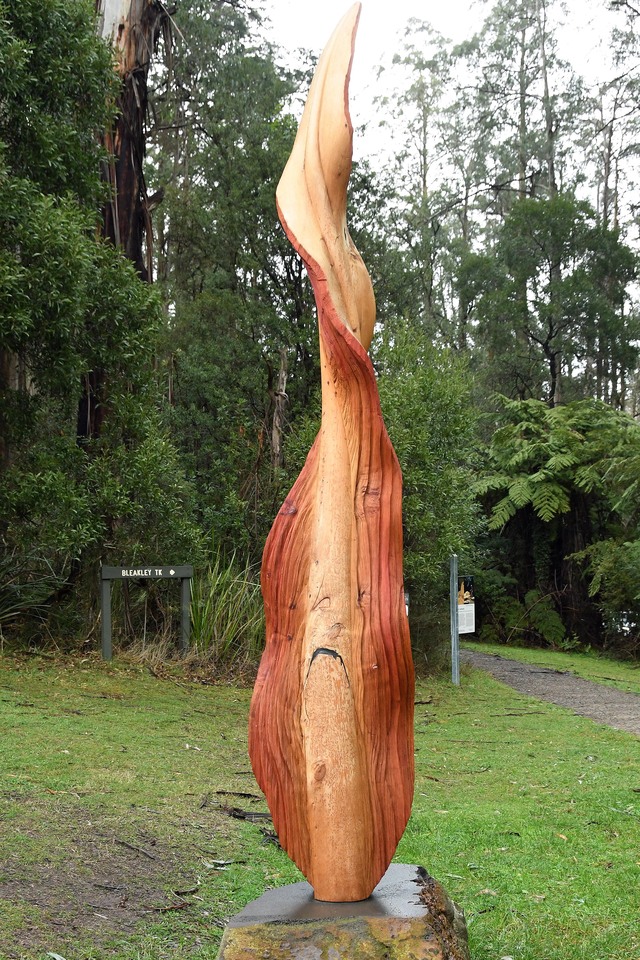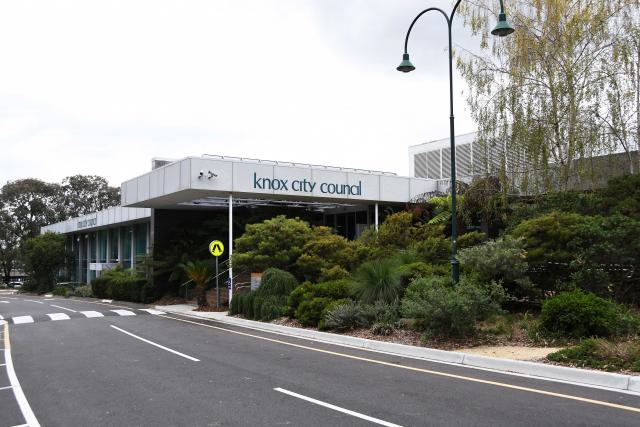On Saturday 1 June, the Belgrave Library will be hosting Upwey author Lia Hills for the launch of her new novel ‘The Desert Knows Her Name.’
Ms Hills’ novel is set in the Wimmera desert, commencing with the emergence of a barefoot girl from the naturescape.
The Upwey author said, “It’s the story of a girl who walks barefoot along the Wimmera desert and she can’t or won’t speak. Her emergence throws the local town into disarray.”
“Thematically speaking, it is a story that speaks to the persistent silences in contemporary Australia and its history,” Ms Hills said.
“It explores truth-telling and re-immersion of voices that are human and non-human and it has a real focus on the desire for belonging on this land and our relationship with the land.”
Commencing at 2pm, this event is free and open to all. Bookings are encouraged via the Belgrave Library website.
Ms Hills said, “With this particular launch, I am really looking forward to celebrating with my community and that includes the broader community of the Yarra Ranges.”
Whilst I normally hold a city launch and a launch wherever the book has been set, I always hold a launch out here in the hills in order to celebrate with the local community who are very supportive,” Ms Hills said.
“I often write on my back verandah surrounded by huge messmates and I am very much embedded in the natural world.”
The launch will conclude at 3:30pm and Ms Hills will be in conversation with local author Marian Spires.
Ms Hills’ time spent camping in the Wimmera desert sparked her inspiration for the setting of her novel in the same desert.
“I spent some time camping in one of the Wimmera deserts in ‘Little Desert National Park.’ I always thought that it would be an interesting place to set a story because there is the desert, the river and the small town. It seemed like an interesting setting,” Ms Hills said.
“I had this idea of a girl walking out of the desert and it’s the reverse of the common and problematic ‘lost in the bush’ trope in Australian. As a non-indigenous writer, I wanted to investigate non-indigenous relationships with the land.”
“I headed up to the Wimmera to begin the research and immediately engaged with the local aboriginal community which is the way that I always work in my research projects because when you are setting a story, you are setting a story on someone’s country so it is vital to engage with that community,” Ms Hills said.
Connecting with experts, artists and historical societies, Ms Hills spent years going back and forth to the Wimmera in order to conduct research for her novel and get to know the different communities that exist in the novel as well as the real world.
Ms Hills said, “I wanted to see how people would respond to this story and get a better understanding of their relationship with the land and how they might respond to this girl walking out of the desert. What would be the story they would project onto her and how does that relate to their relationship with the land?”
The book is written in a lyrical style with four narrators, one of which is not a human voice.
Ms Hills said, “There are four narrators in the book so the voices vary quite a lot. Three are human voices and one is a non-human voice. I’m really interested in getting people to think about non-human languages.”
“There are many other languages that are non-human and there are also the ever-present languages of first nations people.”
“I’m really interested in incorporating that into the way that I write,” Ms Hills said.
Wishing to present an alternate version of the Wimmera, Ms Hills wishes for her audience to consider their connections with the land.
Ms Hills said, “When you write a book, you want to allow the reader the freedom of experiencing it in their own way.”
“I want the reader to really investigate their relationship with the land but also the way this country was colonised.”








